Exploring a New Combination Therapy to Prevent Renal Cell Cancer Recurrence
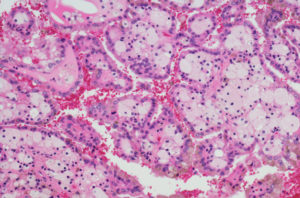
Immune checkpoint inhibitors have transformed the management of patients with advanced kidney cancer. However, these therapies only work for a subset of patients with advanced disease and can be associated with substantial side effects. As a result, researchers are focused on new therapeutic combinations to boost the effectiveness of current immune therapies in renal cancer, including in patient populations with early-stage disease that is likely to recur.

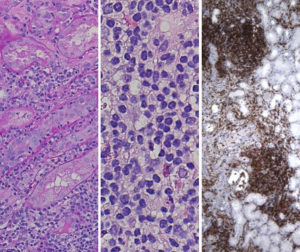


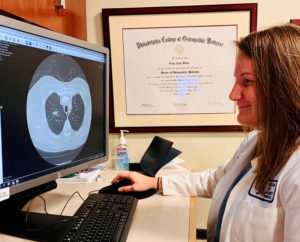
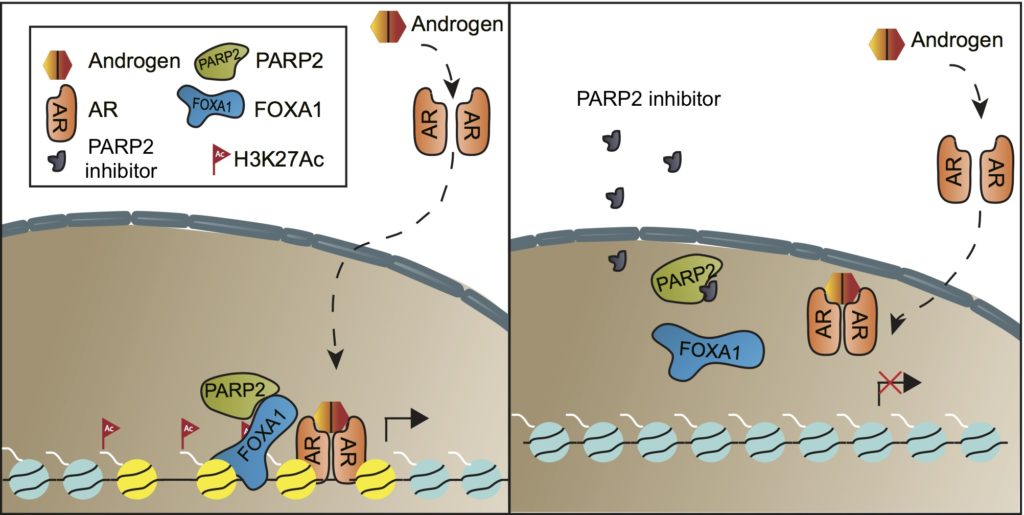

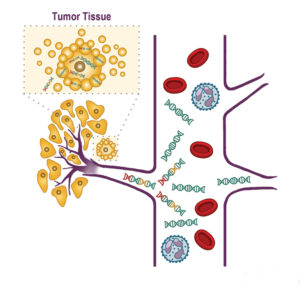 Image: Some tumors can shed free-floating DNA into the blood. Emerging technologies have the potential to detect these abnormal DNA signals, laying the groundwork for a blood test which could be used for cancer detection.
Image: Some tumors can shed free-floating DNA into the blood. Emerging technologies have the potential to detect these abnormal DNA signals, laying the groundwork for a blood test which could be used for cancer detection. Many older patients with hematologic cancers have another condition to worry about—one they don’t always feel comfortable discussing with their health care team. As people are living longer, memory problems have become increasingly prevalent. However, little is known about the impact of cognitive impairment, and specific domains of cognitive impairment, on older cancer patients and their survival.
Many older patients with hematologic cancers have another condition to worry about—one they don’t always feel comfortable discussing with their health care team. As people are living longer, memory problems have become increasingly prevalent. However, little is known about the impact of cognitive impairment, and specific domains of cognitive impairment, on older cancer patients and their survival.